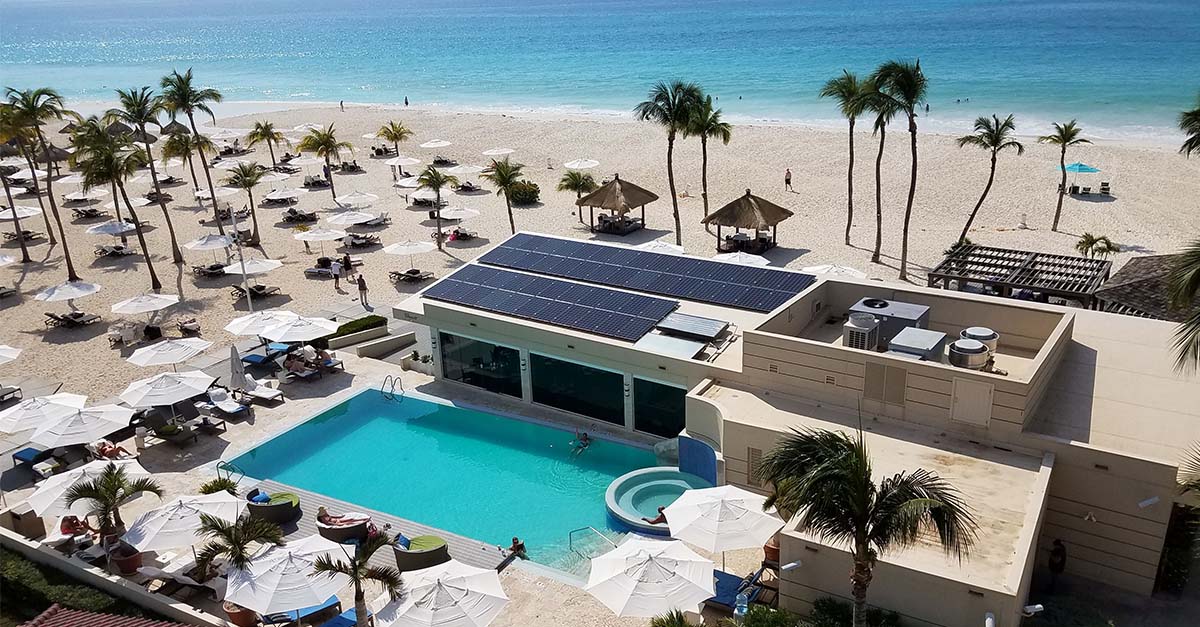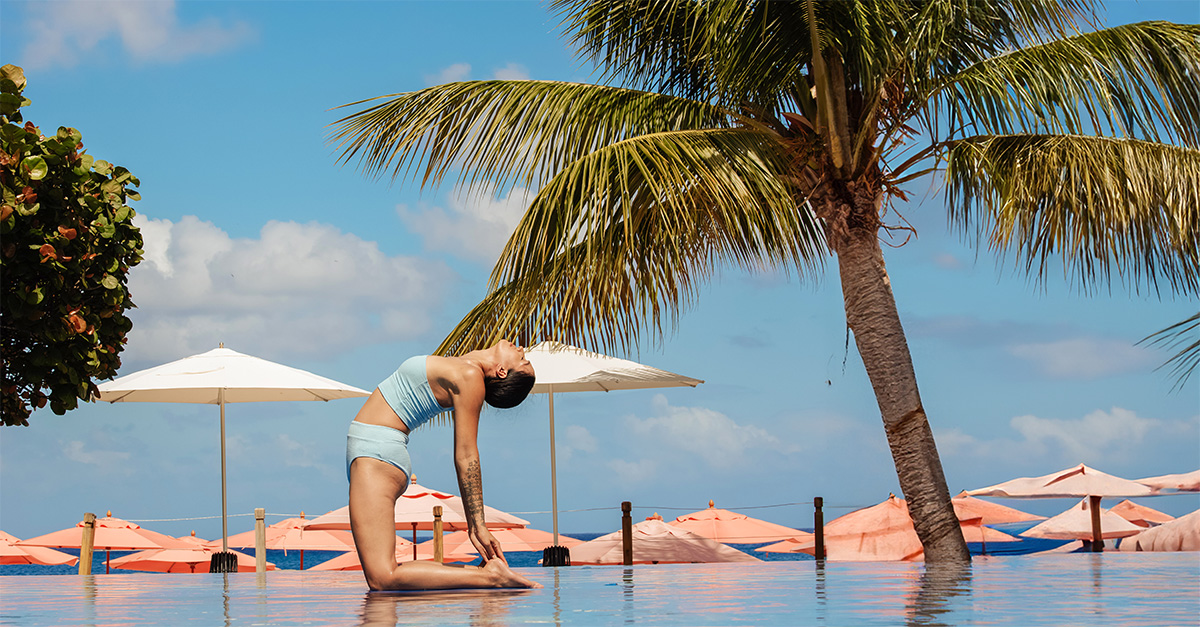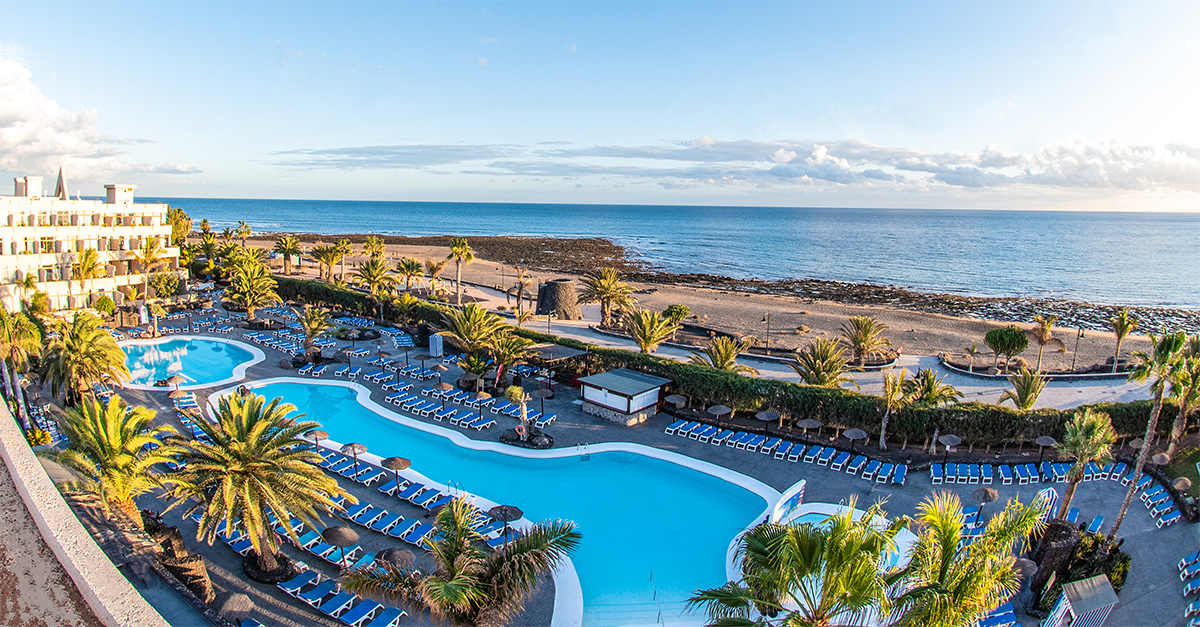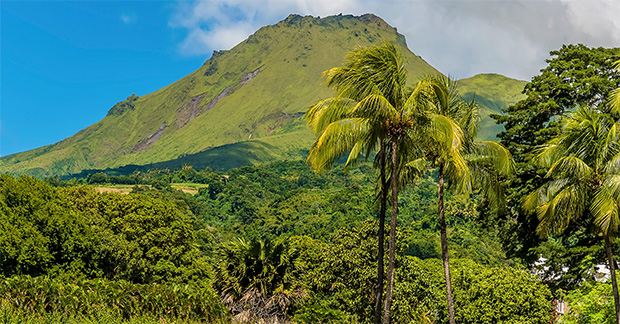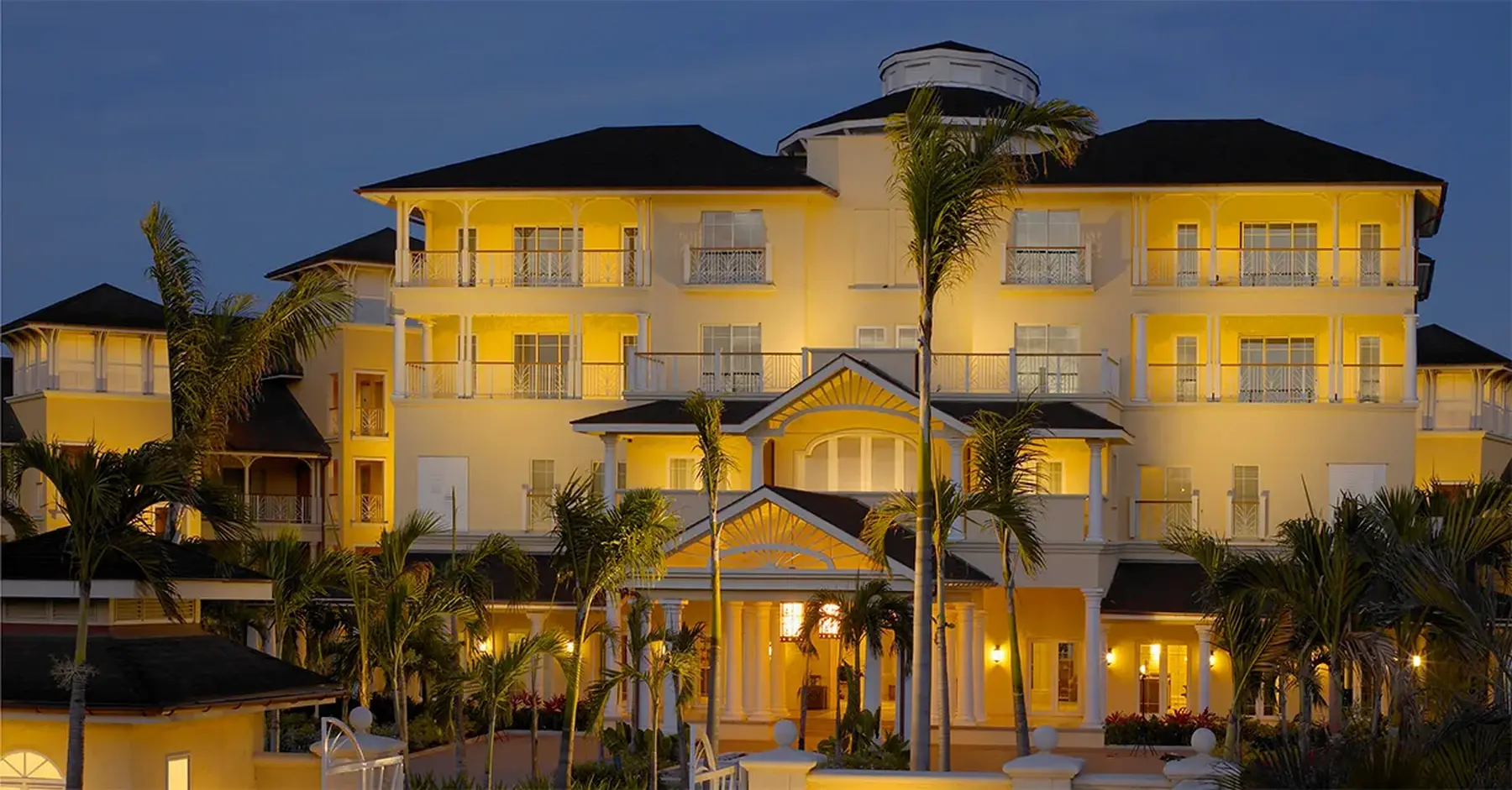You are viewing 1 of your 2 free articles
Q&A: Sustainability initiatives in Aruba
We speak with Ewald Biemans, owner of the Bucuti & Tara Beach Resort, who addressed the Cop26 conference about sustainability
Click here to download and save as a PDF

Q. How did you come to work as a hotelier in Aruba?
A. I was born in Austria and at a young age my parents moved to Venezuela and then Guyana. During my stay there, I visited Aruba on vacation several times, and on one of those trips I was offered a job in the hospitality industry. This was 55 years ago – there was one hotel at the time and they were building another. But I still love the island as much as I did at the beginning.
Q. You were asked to address the Cop26 conference to discuss your efforts in sustainability – what inspired your passion for conservation?
A. When I arrived in Aruba, it was the most pristine, most natural and unspoilt island. As the island felt the impact of tourism, we started to worry about people leaving trash on the beaches, and the oil crises in the 1980s and 1990s also made us aware of the consumption of fossil fuels. We had a roadmap to increasing our sustainability by reducing consumption of energy, reducing waste, getting rid of miniature shampoo bottles and allowing guests to reuse their towels – this was all 30 years ago.
Q. How have you increased those sustainable measures since then?
A. We’ve reduced our garbage disposal and our food waste by 60%. About eight years ago, we reduced portion sizes by 30% because we were wasting too much food – it was going back to the kitchen – so we made the portions smaller and lowered the prices, and everyone was happy.
We recycle everything from cartons to aluminium to glass, and the only item that we can’t recycle on the island – plastic – we all but eliminated 20 years ago. Our utility consumption has decreased over the years by using energy-efficient equipment, and we have the largest solar installation on the island.
We even encourage our employees to buy equipment that is energy-efficient – we have a financial support scheme as part of our company – so they can reduce their energy bills too. Once we were LEED-certified [a global green building standard], it became relatively easy to certify as being carbon-neutral or net-zero.
“The only item that we can’t recycle on the island – plastic – we all but eliminated 20 years ago”
Q. How have guests responded to those initiatives?
A. The customer doesn’t realise what we do unless they watch our video and notice the little things – why we have solar panels, why our portions are a little smaller, why we don’t use plastic. Luxury and sustainability are not mutually exclusive. From a customer’s viewpoint, there is no difference, but they can feel good knowing they are protecting the environment.
Q. How seriously is sustainability taken around Aruba?
A. We have an extensive community outreach programme. We do monthly beach clean-ups; we have a plan called ‘love me, sterilise me’ for stray cats and dogs; we have a turtle conservation programme where we bring in the community to join us in our efforts to help the environment.
We are living on an island and we are very vulnerable to global warming and climate change. My hotel is only 2.5ft above the water, so if the ocean rises, our wonderful beach will be underwater. Tourism is Aruba’s main source of income, so we need to protect it as much as we can. If we all do our bit to prevent climate change, we can make a difference.
Q. What have you been doing at Cop26?
A. I was a signatory for the Glasgow Declaration for Climate Action in Tourism on November 4, then we received a Global Climate Action Award from the UN – the first hotel to be given this award – and I did a presentation on November 9.
The reason we have been recognised is because our programme is highly replicable and scalable, so we became an example for the hotel and resort industry to emulate. Our aspiration at Bucuti & Tara is to become carbon-negative – we’re working in that direction.
Ewald’s top tip
Agents can do a lot to educate the public just by giving options – if you can recommend a resort that is certified by Travelife or its equivalent, that gives the agent a bit of security that the environment is taken care of.
PICTURE: artnphotoaruba
Read more
x.travelweekly.co.uk/destinations/what-to-see-in-antigua">What to see in Antigua
x.travelweekly.co.uk/destinations/six-of-the-best-last-minute-deals-in-the-caribbean">Six of the best last-minute deals in the Caribbean
x.travelweekly.co.uk/destinations/qa-sandals-watersports-director">Q&A: Sandals’ watersports director


